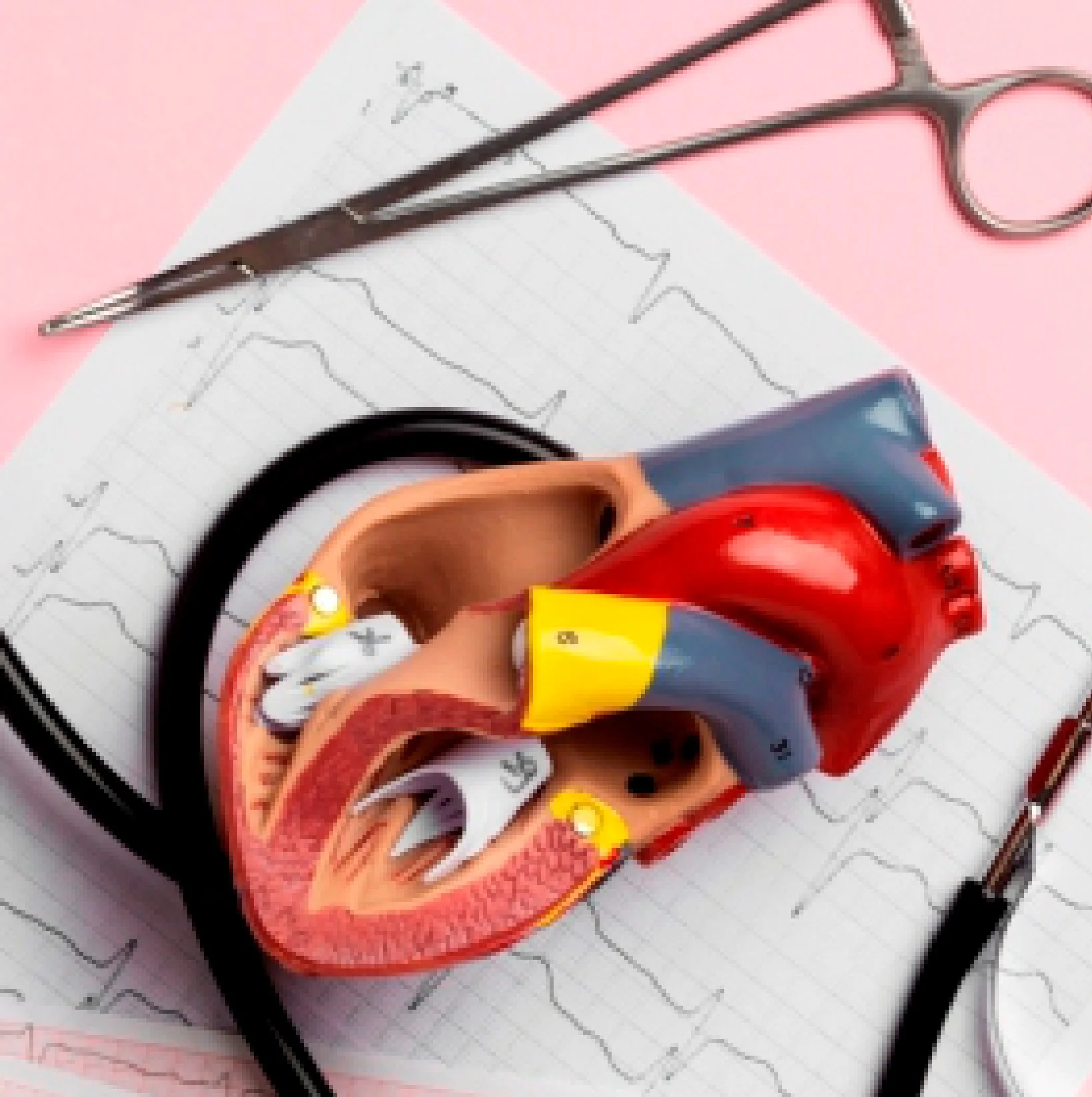
Department of Cardio Vascular and Thoracic Surgery
Welcome To Gangasheel Hospital
What is Atrial Septal Defect ?
An atrial septal defect (ASD) is a hole in the heart between the atria (atria). The holes increase the amount of blood flowing through the lungs. This condition is present at birth (congenital heart disease).
A small atrial septal defect may be found incidentally and is not a cause for concern. Some close during infancy or early childhood.
A large, long-lasting atrial septal defect can damage the heart and lungs. Surgery may be needed to repair an atrial septal defect and prevent complications.
Many babies born with an atrial septal defect have no signs or symptoms.
Signs and symptoms may begin in adulthood.
- Shortness of breath, especially when exercising
- Fatigue
- Swelling of legs, feet or belly (abdomen)
- Irregular heartbeats (arrhythmias)
- Sensation of a rapid, pounding heartbeat (palpitations) or skipped beats
- Whooshing sound that can be heard through a stethoscope (heart murmur)
The cause of atrial septal defect is unknown. Atrial septal defect is a structural problem that occurs during heart development while the baby is still in the womb.
Genetics, certain medical conditions, use of certain medications, and environmental or lifestyle factors such as smoking and alcohol abuse may play a role.
Because the cause of atrial septal defect (ASD) is unknown, it may not be preventable. However, proper prenatal care is important. Talk to your doctor if you plan to become pregnant with ASD.
This visit includes:-
Review of current health and medications:
Certain health conditions such as diabetes and lupus should be monitored during pregnancy. Doctors may also recommend adjusting or stopping certain drugs before pregnancy.
Review Your Family History
If you have a family history of congenital heart disease or other genetic disorders, you should consult a genetic counselor to determine your specific risks.
To test immunity to rubella:
Maternal rubella is associated with several types of congenital heart disease in babies. If you are not immune, talk to your doctor about vaccinations.
Treatment for atrial septal defect depends on the size of the hole in the heart and whether you or your child have other congenital heart defects.
Many atrial septal defects close spontaneously in childhood.For those that do not close, some small atrial septal defects may not require treatment.Specializes in heart disease Your doctor (cardiologist) may recommend that you monitor whether your heart is closing on its own through regular check-ups.
Your healthcare provider will discuss with you when you or your child need medical attention. Many permanent atrial septal defects eventually require surgery. However, closure is not recommended if severe pulmonary hypertension is present.
Yes, Atrial Septal Defect? is available in Bareilly at Gangasheel Hospital by the team of expert Cardiac Surgeons in the city.
